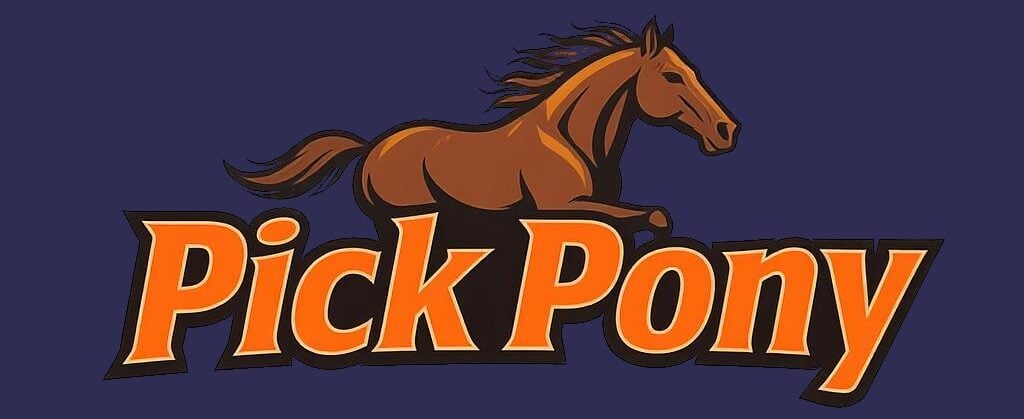What is CAW?
Computer-Assisted Wagering (CAW) is a process where sophisticated betting groups use algorithmic models and real-time data to place large volumes of strategic bets on horse races. These teams employ advanced technology to submit “thousands of individual bets in the final seconds before post time,” using real-time odds information to fine-tune their positions while keeping their activity hidden from the broader betting public. The result? A better may see a race “start” at 8/1 odds only to finish at 9/2 after the last minute CAW bets hit the board. Hundreds of dollars may instantly “disappear” from the bettor’s pocket. And yes, it’s akin to stealing money from the public.
And the wrecking of the odds is only the beginning. CAW groups operate with other significant advantages over traditional horseplayers. They receive substantial rebates that “often return half the takeout,” giving them a massive edge over conventional bettors.
The Scale of CAW’s Impact
The growth of CAW participation in thoroughbred racing has been dramatic. In 2003, CAWs represented roughly 8% of total handle, but now account for “about one-third of all betting on U.S. Thoroughbred racing”. At some individual tracks, CAW bettors now account for as much as 30-40% of total pari-mutuel handle.
This represents hundreds of millions of dollars pumped into pools annually. For example, at Del Mar in 2022, the top 17 CAW accounts represented just over 14% of the track’s win pool alone.
How CAW is causing chaos in the horse racing world
The primary concern is that CAW groups cause dramatic, last-second changes in betting odds that frustrate and disadvantage regular horseplayers. Because their massive pools of bets are “often made in the final seconds before post time, they can drive significant late pool shifts”. These “sharp odds fluctuations” undermine confidence in the game’s integrity.
Recent tensions came to a head at Del Mar, where “eye-watering changes in win odds” and “plummeting payouts for bettors” prompted the track to cut off CAW players from win pools two minutes before races begin.
CAW groups also operate with structural advantages that create an uneven playing field:
- Rebate advantages: They receive rebates that regular bettors don’t get
- Information asymmetry: They can see real-time betting data while regular bettors cannot
- Scale advantages: They can place massive volumes of precisely calculated bets
As one industry expert noted, a recreational bettor using basic betting functions faces “24% takeout with limited efficiency,” while CAW teams execute optimally crafted bets “boosted by substantial rebates”.
CAWs aren’t the only thieves in the game
There are troubling conflicts of interest within the industry, too. There’s a belief that some licensed trainers work for or with the CAW groups. Stunningly, some race tracks are “actual investors in the CAW groups,” creating an inherent conflict of interest. In the most notable deal with the devil, the Stronach Group (TSG) has a prominent vested interest, owning both racetracks and CAW platforms. TSG owns Santa Anita and Golden Gate Fields in California, while also holding majority ownership of Elite Turf Club, the largest CAW platform by handle. This dual ownership creates what some industry experts describe as a conflict of interest, as TSG essentially profits from both hosting the races and facilitating the large-scale wagering on them.
There are many others too. New York Racing Association (NYRA) also owns a portion of Elite Turf Club, giving them a direct stake in CAW operations. Churchill Downs owns Velocity, another major CAW platform, representing their vested interest in this sector.
Beyond direct ownership, most tracks have developed significant financial dependencies on CAW play. Industry estimates suggest CAW players now account for approximately one-third of all dollars wagered on horse racing. This makes tracks heavily reliant on maintaining relationships with these high-volume bettors.
Multiple tracks across the country have negotiated individual agreements with CAW players for favorable host fee rates. These “bespoke” deals, some negotiated years ago, give tracks financial incentives to maintain relationships with the largest CAW players. Industry sources indicate that representatives of major CAW players have approached tracks “door to door” seeking discounted host fees.
The combination of late odds changes, unfair advantages, and reduced payouts is “rapidly causing a crisis of confidence among non-CAW bettors. Industry observers worry that CAW activity discourages everyday horseplayers and fails to attract new bettors to the sport. Many believe it’s the main factor contributing to the decline of the horse racing industry.
The Industry wants the best of both worlds
Recognizing these concerns, several major tracks have made half-hearted attempts to console the public.
- NYRA restricted CAW access to Win pools and barred them from Late Pick Five and Pick Six pools
- Del Mar implemented a policy closing win pools to CAW players at two minutes before post time
- The Jockey Club Chair acknowledged “the deep divide on the matter of computer-assisted wagering” and committed to finding solutions that “ensure growth but do not disenfranchise the retail bettor”
However, many believe these measures don’t go far enough. CAW groups remain present and active in the pools for exotics (exactas, trifectas, etc.) and horizontal bets (Pick 3, Pick 4, etc.), and critics argue that CAW cannot coexist indefinitely with parimutuel wagering.

